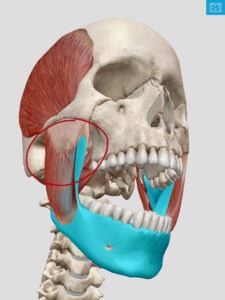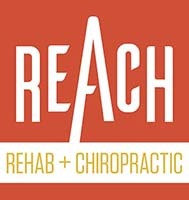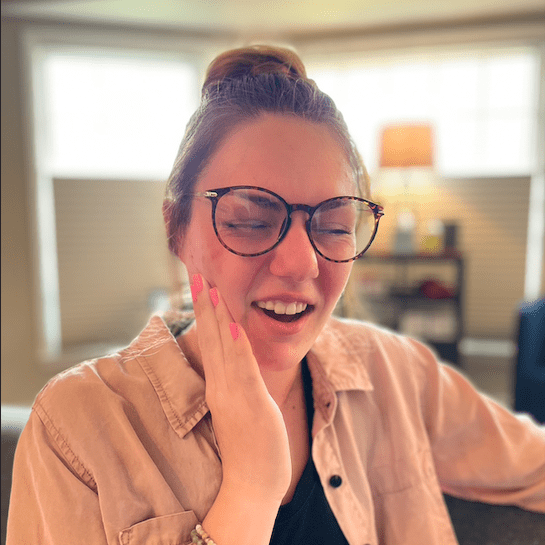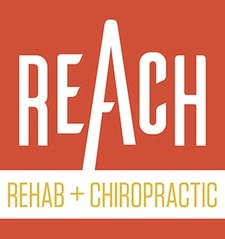What causes Jaw Pain?
Does it hurt to move your Jaw? Maybe your jaw hurts at rest. Do you have an injury, or a TMJ (temporomandibular joint) not moving properly? This could be the source of your jaw pain, or is it not?! In this article, we’ll unlock the causes of jaw pain, the source of the pain, and our approach to correcting a TMJ issue; otherwise, called temporomandibular dysfunction (TMD).
Even if you have been struggling with jaw pain for months, or even years, it’s not unusual to get better, quickly with the right care plan.
What is Jaw Pain?
 Jaw pain is simply a painful symptom in or around the temporomandibular joint. However, you could be experiencing it for a multitude of reasons.
Jaw pain is simply a painful symptom in or around the temporomandibular joint. However, you could be experiencing it for a multitude of reasons.
We often associate pain with damage, like an injury such as a tear or break. Fortunately, it’s unlikely jaw pain is the result of an injury, unless you were roundhouse kicked in the face or something like that!
If you were not involved in a trauma, such as a punch to the face or a jawbreaker accident, there’s no need to worry about damage to your TMJ. The odds of bone, ligament, or tendon damage in the absence of trauma are rare. However, if you suffered a trauma your chance of structural damage increases but is not definite.
The most common source of TMJ pain is poor joint mechanics.
An interference of proper joint movement eventually leads to sensitivity of nerves and soft tissue structures around the joint, thus causing pain. This commonly evolves into spasm and tightening of the mover muscles of the jaw. Hypertonicity (tightening) of the jaw muscles leads to jaw pain and even headaches. As proper TMJ mechanics are restored, the muscles relax and jaw pain reduces.
When is Jaw Pain Serious?
“But my jaw always pops and clicks when I chew.”
Yes, popping and clicking (crepitus) often accompany TMJ movement (opening and closing the mouth). The crepitus may be a part of your normal joint mechanics. Crepitus is an issue if it’s directly contributing to your symptoms. For instance, “I feel a sharp pain every time my jaw clicks.” Fortunately, painful crepitus can respond well to corrective exercise and manual therapy strategies.
“Sometimes my jaw locks and I can’t open or close it all the way.”
Lockjaw, or trismus, is a rare symptom that can lead to TMD. When it becomes difficult to open or close the mouth, the chance of a TMJ disc issue as the primary problem increases.
There is an articular disc within the TMJ that can become displaced, through trauma or overuse. Displacement of the disc can lead to abnormal TMJ movement, leading to jaw pain and locking.
Can You Have Jaw Pain Without Injury?
Not all jaw pain is a TMJ problem.
Wait, WHAT!? I’ll explain.
Pain in the TMJ, or anywhere around the jaw, is commonly a symptom of a neck problem.
“But I don’t have any neck pain. How could jaw pain come from my neck?”
You may have heard of cervicogenic headaches (CHA).
CHA is a common symptom originating from the neck. Classic CHA presents as headache pain originating from the neck, which refers symptoms up from the base of the skull to behind the eye, and anywhere in between.
CHA is caused by irritation of joints in the upper neck. The irritated joints can cause interference of the nerves exiting the spine. The nerves exiting the cervical spine on the left and right of the body converge to form nerves that supply parts of the head, face, and jaw.
Any irritation of cervical spine nerves — due to poor joint mechanics — can produce symptoms anywhere along the path of nerves, such as the jaw. And the symptoms, e.g., pain or tightness, don’t necessarily travel like drawing a line from the neck straight to the jaw. Often, CHA symptoms skip spots. It’s possible to have CHA symptoms in only the head and jaw, absent of neck pain.
Signs your jaw pain may be a neck problem:
- Jaw pain accompanied by neck pain or stiffness
- Worsens when sitting for long periods of time.
- Can reproduce jaw pain with specific neck movements.
- No mechanism of injury such as a getting hit, repetitive strain, or overuse.
When to seek treatment for TMJ problems
TMJ pain can be difficult to treat…
Because you must first identify the source(s)!
A clinician trained in Mechanical Diagnosis and Therapy (MDT) can clarify whether the symptoms are sourced from the neck, the jaw muscles, or the TMJ joint itself.
Furthermore, there may be more than one source. Have you heard the saying, “you can have ticks and fleas?” We’ve seen both the neck and TMJ involved on several occasions.
Knowing the cause(s) of symptoms ensures the proper application of the best treatments and strategies to correct the problem as quickly as possible.
Hands-on active treatments with specific exercises have been proven to be the most effective. In rare cases is surgery absolutely needed. Can you imagine how many jaw surgeries have been performed where conservative treatments of the jaw failed, but the cervical spine was never assessed as a possible source?!
Pain is frustrating. At REACH, we take the guesswork out of healing. We use a holistic chiropractic approach, assessing the body as a whole rather than treating just the symptoms. So, you can do more than relieve pain. We teach you how to become unstoppable.
Are you or someone you know struggling to get answers in our circus of a healthcare system? If you reside in Plymouth, Canton, Northville, Livonia, or the greater metro Detroit area, reach out to us today. We would be more than happy to offer you the guidance you need and deserve!


